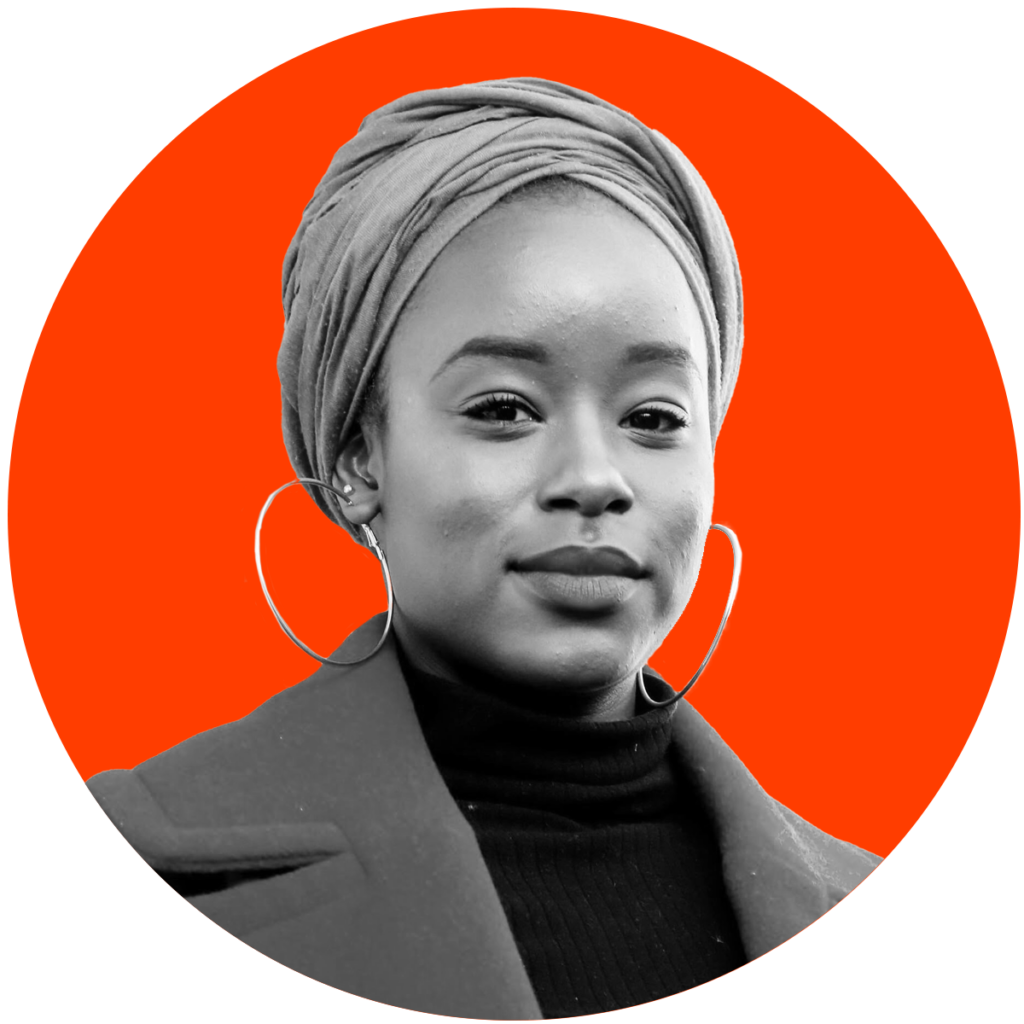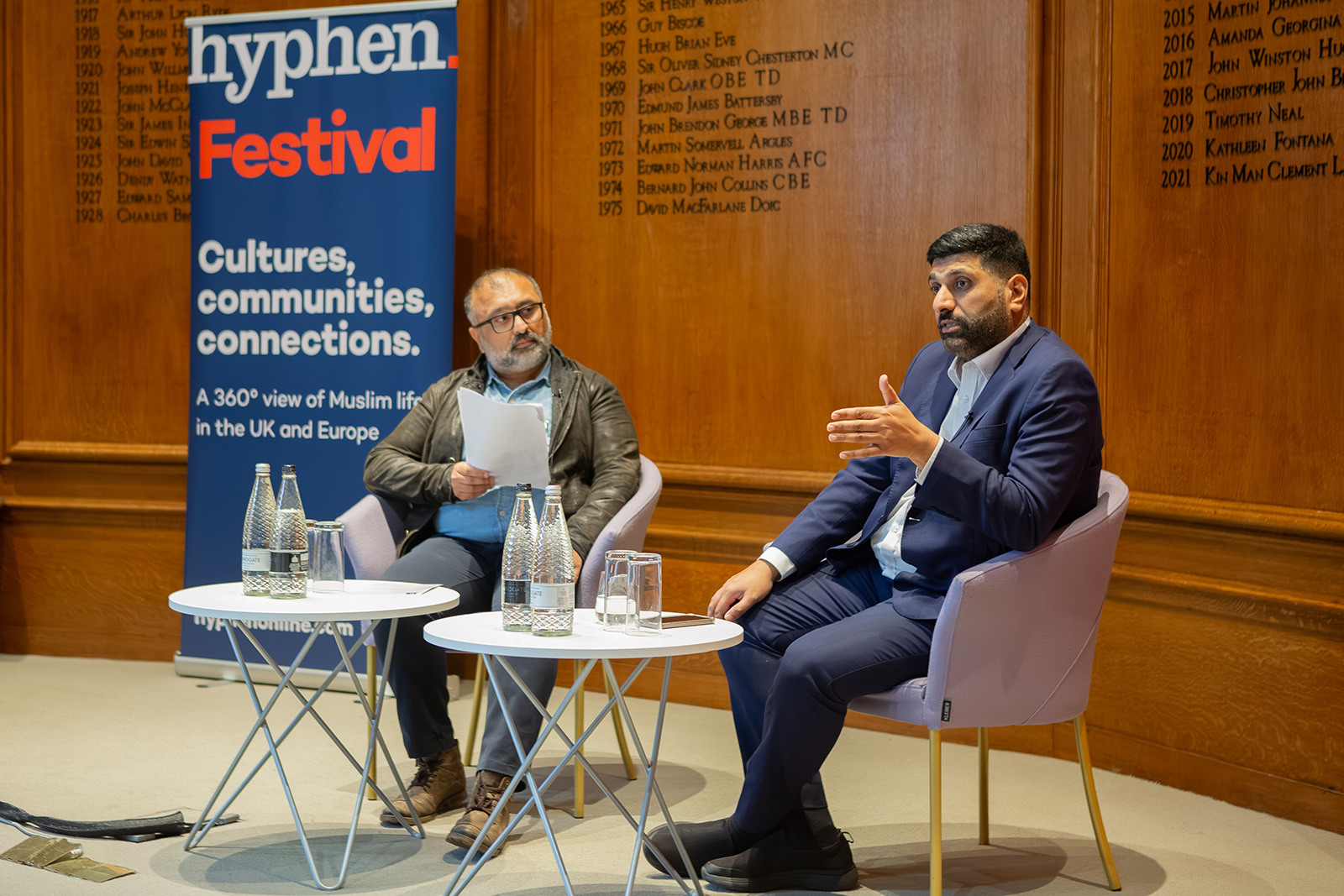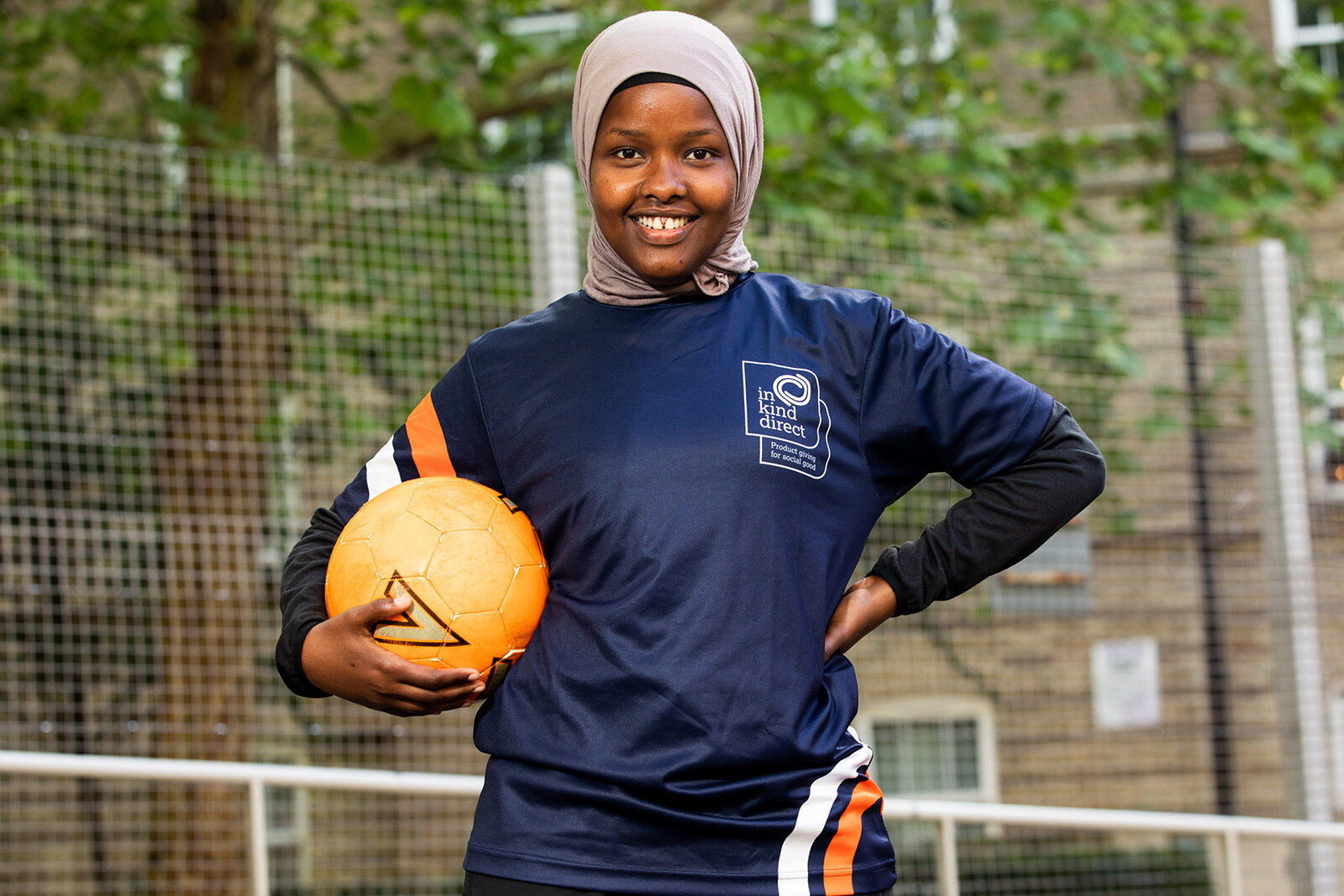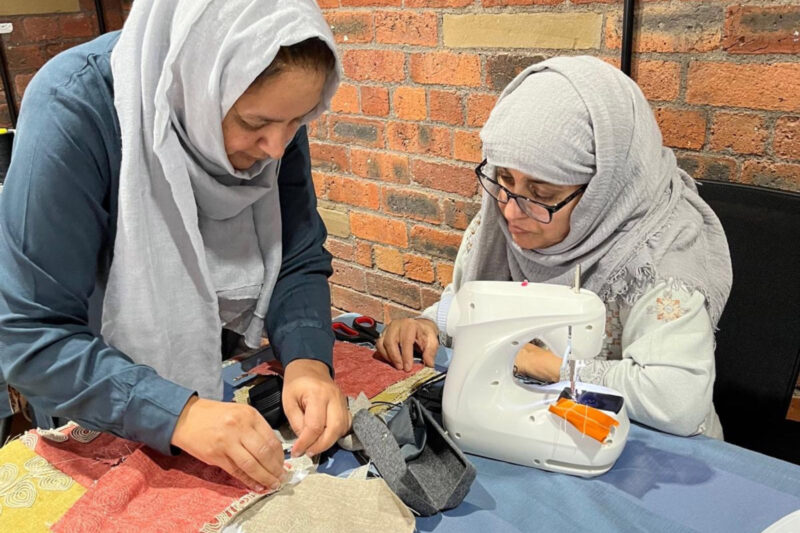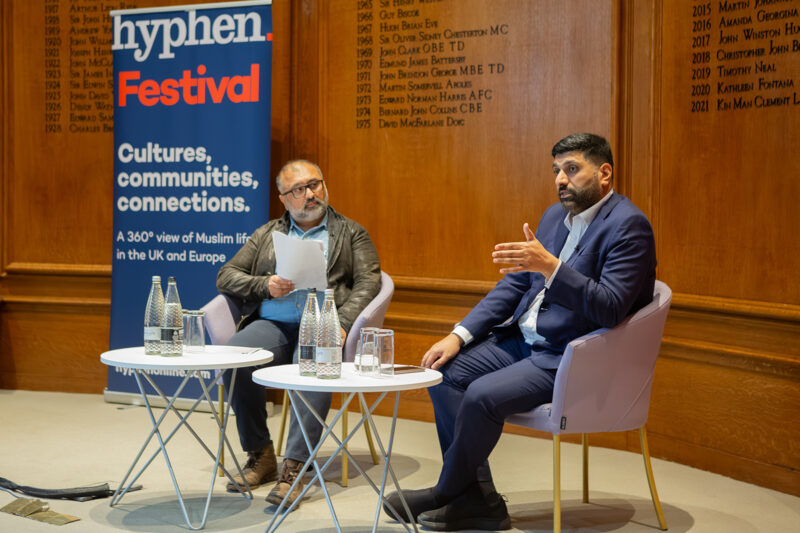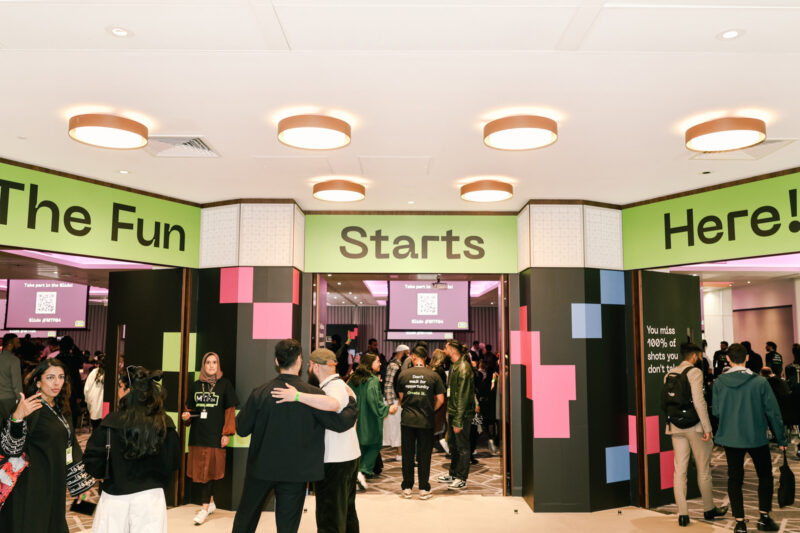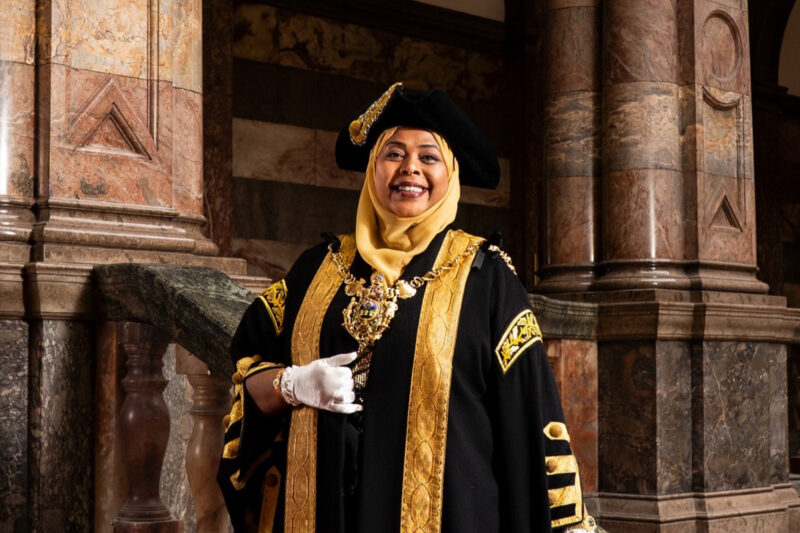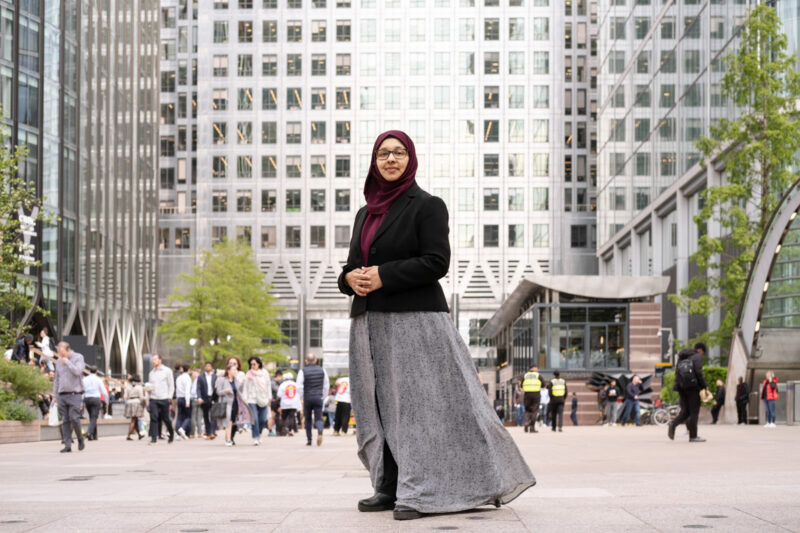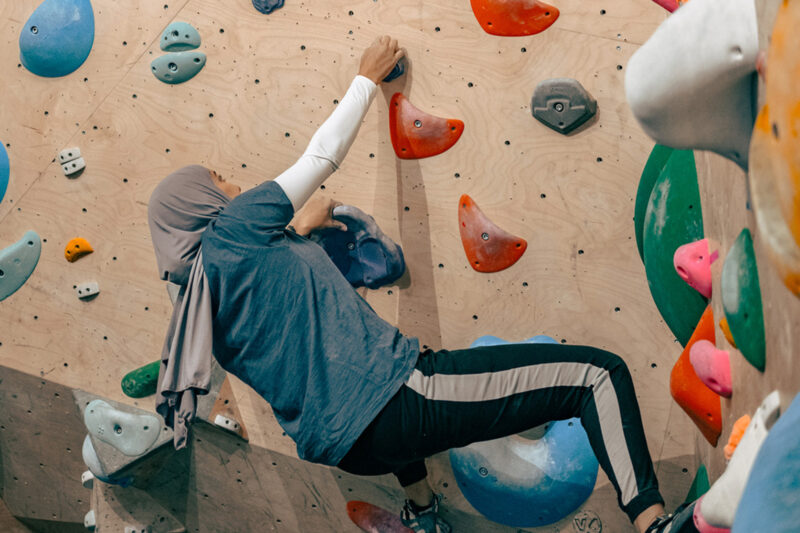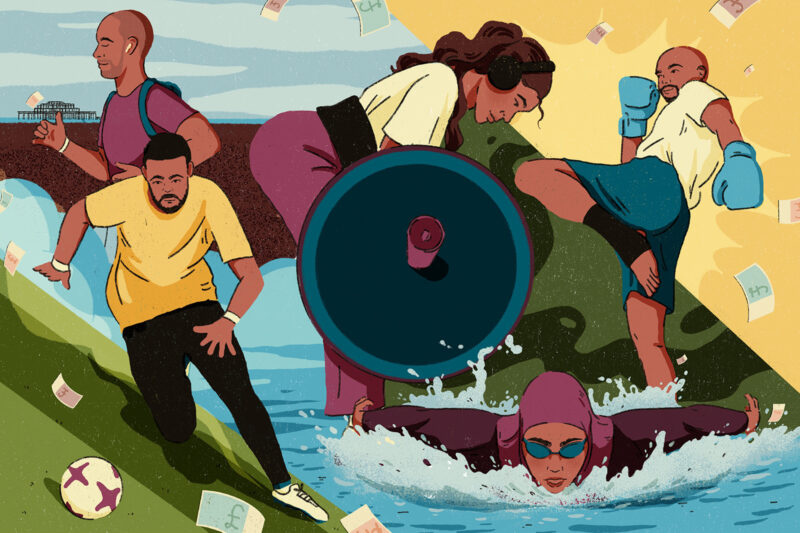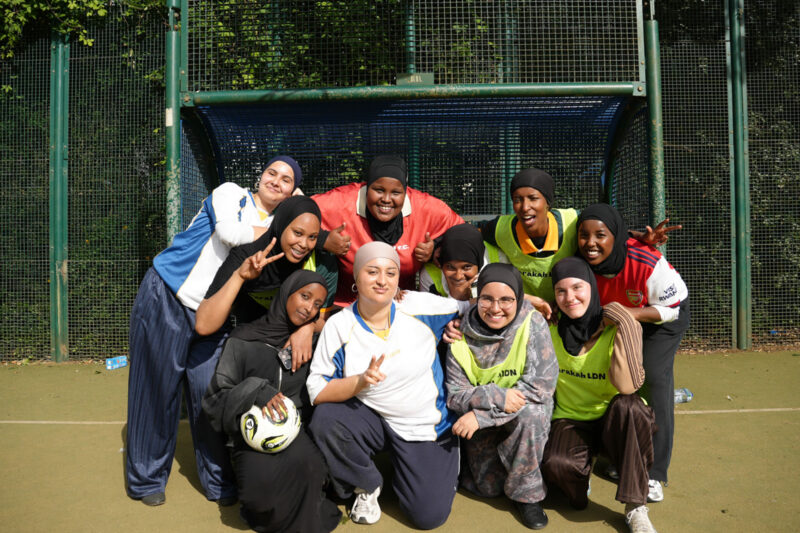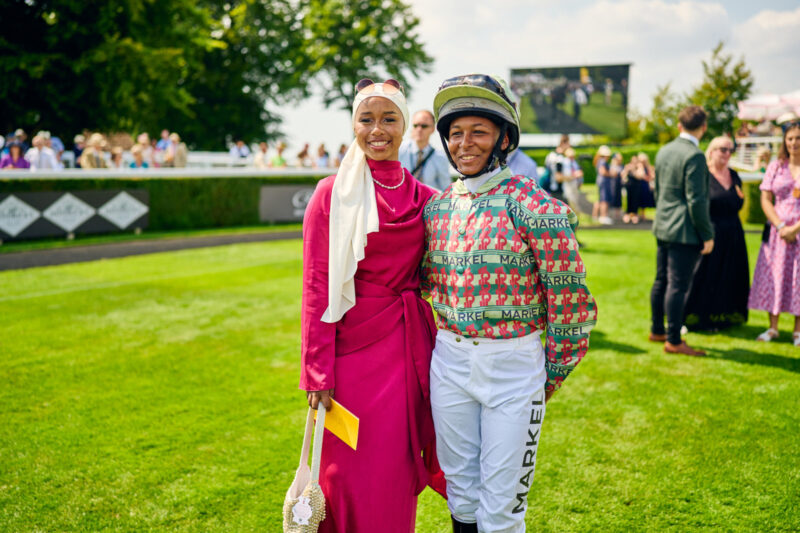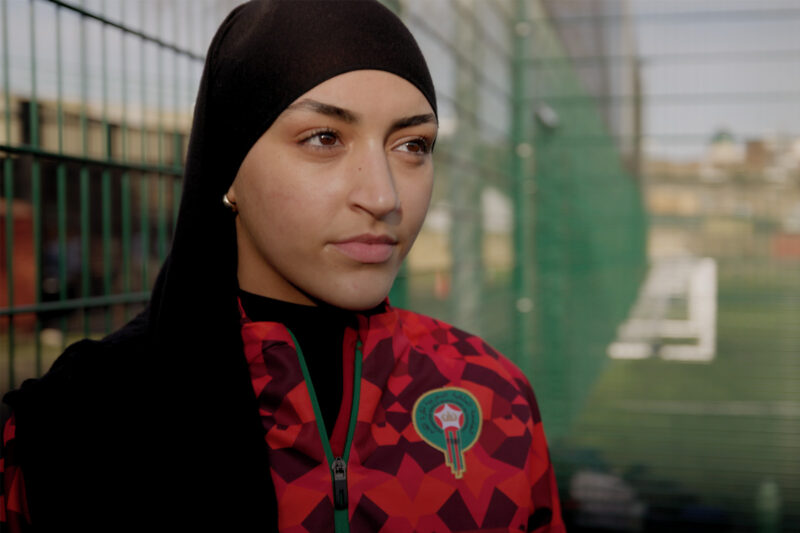Long-term, targeted investment needed in Muslim women’s sport, say industry professionals
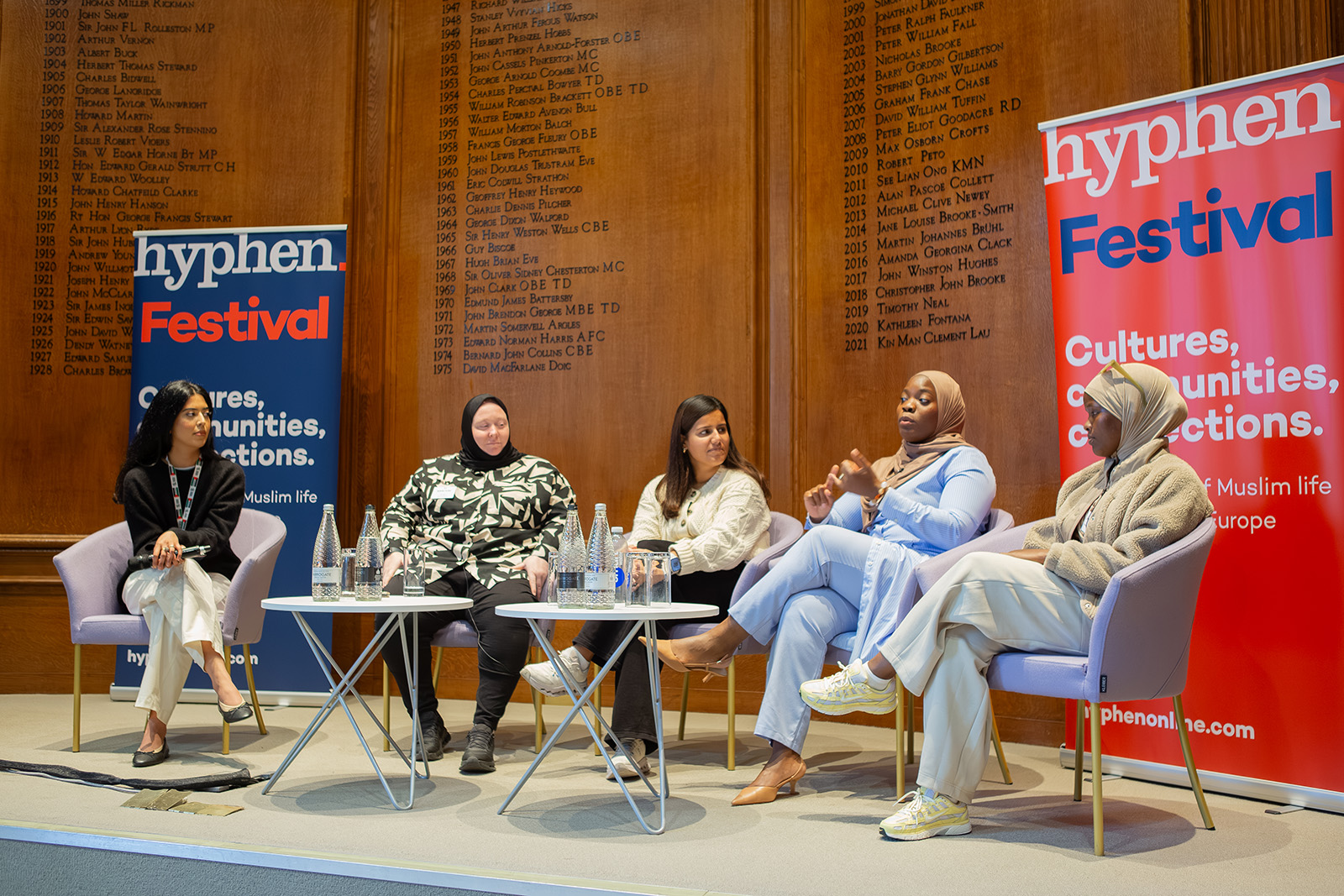
Speaking at the inaugural Hyphen Festival, four respected panel members underlined the need for better funding and more opportunities to compete at the highest levels
Muslim women working in sport have called for long-term investment to close the gap between grassroots participation and elite-level opportunities.
Speaking at the inaugural Hyphen Festival on 4 November, panellists discussed how systemic barriers, funding gaps and sports governing bodies’ outdated rulebooks continue to limit Muslim women’s involvement and progression within professional sport.
Sahiba Majeed, data and insights manager at the Muslim Sports Foundation, said that while short-term initiatives can spark initial participation, they rarely produce lasting change.
“We get funding for six-week programmes,” she said. “We need to make sure these projects are long-term investments and developed by people representative of that community.”
She added that the lack of sustained funding means that projects often fail to move beyond the initial phase of engagement.
“You see people coming forward when a space feels safe, inclusive and familiar,” Majeed said. “But when the funding ends, so does their access. The value lies in long-term investment, not one-off projects,” she added.
Nalette Tucker, a Bradford-based sports coach and founder of Sunnah Sports Academy Trust, said Muslim athletes are thriving in grassroots sport but are “non-existent” in elite pathways.
“Girls from Muslim backgrounds often miss the key scouting years — between 11 and 13 — when national teams identify talent,” she said. “If they’re not supported or can’t attend trials, that pathway closes. By 14 or 15, it’s too late. A lot of girls are now applying for dual nationality so they can play for other teams because they’re not going to be up for selection.”
While governing bodies still have a way to effect change, it’s not just up to them, according to Majeed.
“If every Muslim donated £1 into local community causes, whether that’s developing youth clubs via the mosques, or community centres, that would make a massive impact,” she said. “If we as British Muslim communities start investing in our own little pots, we’ll go a lot further and be a lot more sustainable.”
Jawahir Roble, the UK’s first female Muslim football referee and former coach, said access to trials and scouting remains a major barrier for working-class and minority communities.
“All the trials and the training are so far away,” she said. “If you’re from an ethnic background and you can’t afford to travel across the country for a trial, you miss your chance. They need to bring them into our communities so everyone can have equal opportunity.”
Other barriers discussed included the social culture surrounding some sports, often linked to alcohol, and clothing regulations that fail to accommodate Muslim standards of modesty. Rugby player Zainab Alema said that despite recent progress, many sports still enforce dress codes that effectively exclude Muslim women.
“In 2025, there should be alternative options for clothing in sports,” she said.
“There are girls who do not want to wear shorts, who want to wear tracksuit bottoms, and they should be able to. It doesn’t take away from their ability to perform.”
Alema recalled the discomfort of being the only Muslim player on her university team, often feeling isolated from team culture. Roble echoed these concerns, noting that while progress has been made through initiatives such as the Nike Pro hijab, representation still lags.
“I love football, I did belong — but other people thought I didn’t,” she said. “Even now, people still ask why a woman in hijab is out there officiating. When people see me refereeing, they’re surprised, but we need to normalise that so the next generation sees it as possible.”
The panellists also highlighted the need for national governing bodies to reassess how they define diversity in sport. Tucker said that data collection still groups Muslims into broad “South Asian” categories, omitting the specific needs of British Muslim communities.
“When it comes to funding or participation, people are still looking to engage the South Asian community,” she said. “The Muslim community gets collected into that category, so when you’ve got marketing and data focused on South Asians, other Muslims get missed. Until that data reflects who we actually are, the funding won’t reach us.”
 Newsletter
Newsletter

